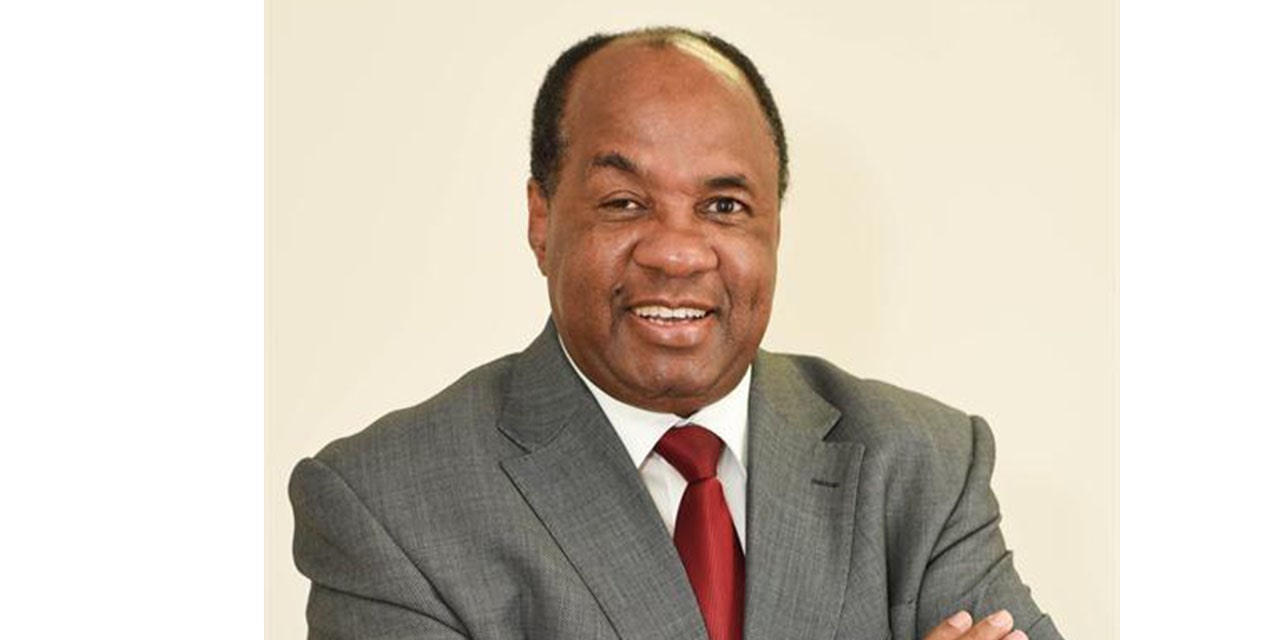Renthia Kaimbi
The ghosts of the Namibian Competition Commission (NaCC) fine may have been among the pressures that pushed Bank of Namibia (BoN) governor Johannes !Gawaxab to take an early resignation, one year before his term ends.
In May last year, the NaCC issued a N$1 million fine against !Gawaxab, Ismael Gei-Khoibeb and Gamma Investments for carrying out a merger without the commission’s approval. The penalty followed reports that !Gawaxab was facing allegations of selling businesses and shareholdings in a major insurance company to family and friends, despite publicly claiming he had disposed of those interests to “unrelated parties”.
That same month, !Gawaxab said EOS Capital, he and the Namibian Competition Commission had reached an agreement to ensure compliance with regulatory requirements. He maintained that the settlement was not an admission of guilt but a strategic move to avoid a lengthy legal battle.
His unexpected departure has triggered questions about what motivated the move, with governance analysts pointing to reputational risk linked to the regulatory breach and the strain it placed on public trust.
Corporate governance expert Johan Coetzee said regulatory breaches of this kind carry reputational risk that can weaken leadership authority.
“Gawaxab was fined N$1 million by the Namibian Competition Commission (NaCC) for not fully disclosing that he sold businesses/shareholdings in Eos Capital to people who were allegedly related. Critics (including political actors) publicly called for his resignation over this,” said Coetzee.
He said the BoN board later met and cleared !Gawaxab of breaching the Bank of Namibia Act, concluding that there were no legal implications for the bank.
Coetzee said such criticism and public pressure can complicate a leader’s ability to continue effectively.
!Gawaxab was appointed in 2020 by the late president Hage Geingob and reappointed in December 2021 for a second five-year term, extending his contract to December 2026.
Who could be the next governor?
With his exit confirmed, attention now shifts to his successor. Coetzee said the appointment will test the bank’s commitment to stability and integrity.
“Putting it all together, a combination of reputational pressure, a possible desire to step down on a high note, and possibly internal or political dynamics seem like the most plausible reasons. It does not appear that there was a clear performance failure, more likely a strategic or personal decision influenced by external contributors,” he said.
Coetzee believes the board is likely to look inside the bank for continuity.
He pointed to the deputy governor of the central Ebson Uanguta as a leading option.
“His role gives continuity and institutional memory; often in central banks a deputy is a natural candidate to step up,” he said.
He also identified deputy governor Leonie Dunn as a strong contender.
“As a woman with leadership experience in central banking, she could be a strong pick from a diversity and governance perspective,” he remarked.
He noted that a political appointment is possible but less likely because the role requires clear independence.
Former governors like Iipumbu Shiimi and Tom Alweendo have experience but would carry political considerations.
“Because of his (Shiimi’s) prior experience at BoN and in government, he’s someone with institutional knowledge and political standing. That said, his recent role was minister (which is political), so his reappointment would depend on political dynamics,” Coetzee said.
He added that Alweendo’s return is less likely due to age or the prospect of returning to a previous post, though his credibility remains significant.
Coetzee also mentioned former Development Bank of Namibia (DBN) chief executive and economic advisor to the late President Hage Geingob, John Steytler, calling him a possible “wild card” if his vision aligns with that of President Netumbo Nandi-Ndaitwah.
The BoN board announced on Wednesday that !Gawaxab will leave office on 31 December 2025.
The board thanked him for his leadership over the past five and a half years, noting his role in guiding the country through the Covid-19 economic downturn, redeeming the US$750 million eurobond and establishing the Welwitschia Sovereign Wealth Fund. The announcement did not explain why he is leaving early.




